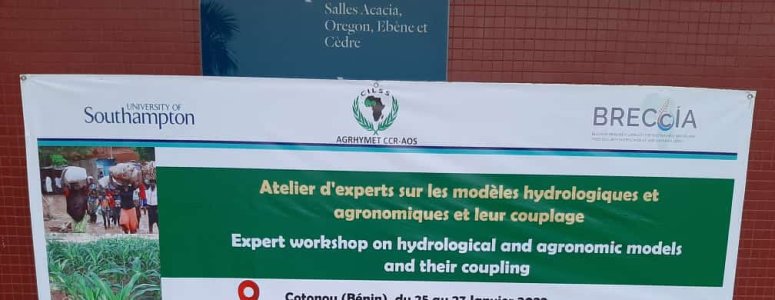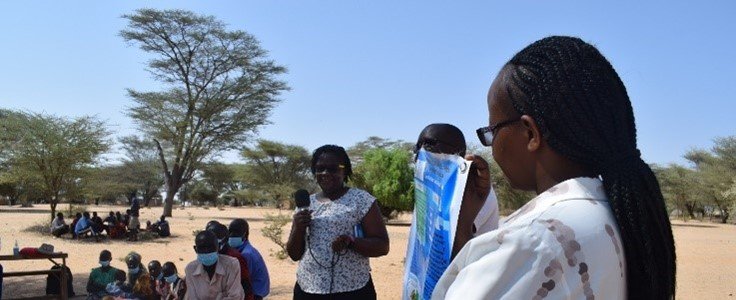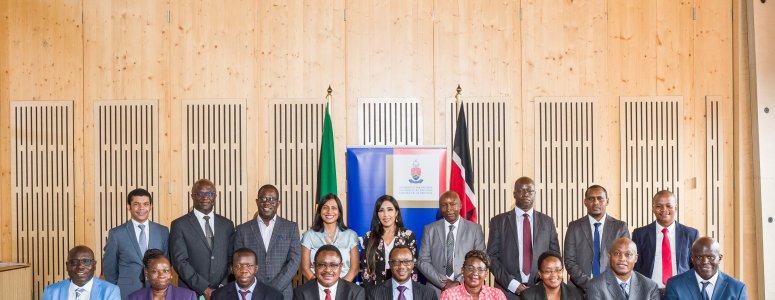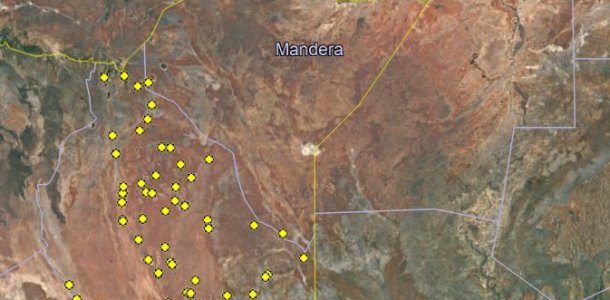BRECcIA Ends (2018-2022)
BRECcIA has officially come to an end as of 31/03/2022. Collaborations are ongoing however, with solid lasting partnerships and groundbreaking research still underway. We thank everyone, staff and stakeholders, for the hard work that has lead to this project being a success. Please contact us via our LinkedIn page or …





